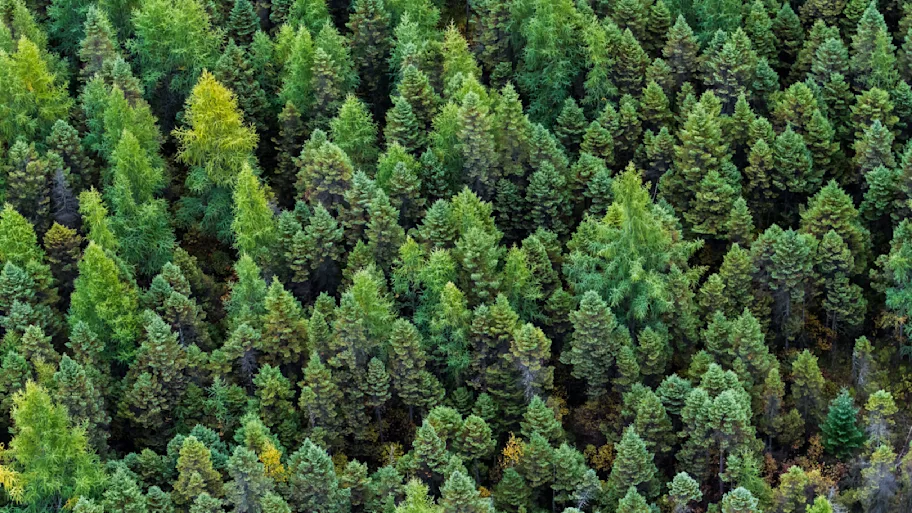
- Science News
- Frontiers news
- Professors Terry Sunderland and Erin Sills on the role of people and forests in achieving the Sustainable Development Goals
Professors Terry Sunderland and Erin Sills on the role of people and forests in achieving the Sustainable Development Goals

Image: Shutterstock
Frontiers in Forests and Global Change is launching a new specialty section on People and Forests. This new section will address the interaction between forests and people at various levels – from local to global – providing new and interdisciplinary perspectives based on research across forest biomes.
An estimated 25 per cent of the global population – 1.6 billion people – depends on forests in some way for their subsistence, livelihood, employment and income. However, healthy forests and ecosystems are often an overlooked and undervalued asset in the struggle to achieving the Sustainable Development Goals.
Showcasing research that captures the true diversity of forestry as a discipline, the People and Forests section will capture the whole range of different social, economic, institutional and policy issues within forest science.
“Forests both influence and are influenced by our efforts to achieve the Sustainable Development Goals,” says Chief Editor Professor Erin Sills. “These interactions between people and forest operate at a range of scales and realms from local forest management practices to global forest policy. This new section will publish research that provides novel perspectives and insights on these interactions, thus furthering science, practice, and policy.”
The section will publish innovative, new and refreshing perspectives on the relationships between people and forests. This potentially includes negative results that reject well-founded hypotheses. The goal is to address the “file drawer problem” which refers to the bias introduced into the scientific literature by selective publication.
“We especially want to showcase papers that report not only on research that indicates “success”, but we also wish to explore why certain interventions are not particularly successful or have unintended consequences. As we continually attempt to link all 17 SDGs with nature and forests, it is important to be able to represent the full suite of benefits forests and trees bring to society,” highlights Chief Editor Professor Terry Sunderland.
People and Forests is now open for high-quality article submissions and welcomes Research Topic proposals.
Follow us at @FrontSustain and sign up for our article alerts to be the first to receive new research and updates!






